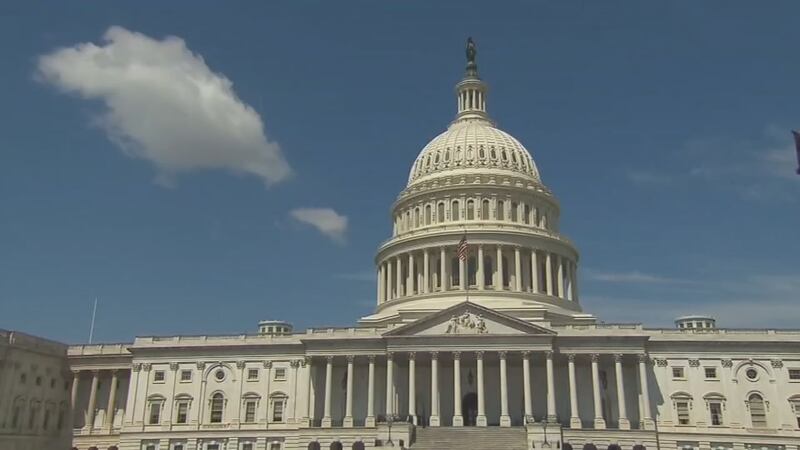TALLAHASSEE, Fla. — There are only 60 days in the Florida legislative session, and the only thing lawmakers have to do in those 60 days is pass a balanced budget; but this year, as in years past, they’ll also consider more than 2,500 other bills; most won’t pass.
The most pressing issue facing Florida lawmakers is the budget. For the first time in more than a decade, the legislature returns to Tallahassee with a budget hole, projected to be around $2.7 billion.
Stimulus update: How quickly will you get a $1,400 check?
Part of that budget hole will be made up through a proposal to close Florida’s online sales tax loophole. The state is also banking on more federal funding as part of the anticipated $1.9 trillion federal stimulus package, but increases to fees and cuts are also on the table.
“I was much more pessimistic six to eight months ago than I am today,” said state Sen. Jason Brodeur (R-SD9). “This looks a little bit like years when we’ve had a hurricane so if we treat COVID like a medical hurricane and prioritize around those kinds of challenges, we now have some kind of a background as a legislature to meet the needs of vulnerable citizens while still being able to balance the budget.”
Beyond the budget, there are also bills to make changes to the state in other areas. Brodeur is pushing two bills this session: one dealing with the Little Wekiva River and another dealing with child welfare.
“My bill helps recognize the significance of consistency for child as well as sibling reunification and how can we reduce trauma for children,” said Brodeur of his bill (SB80). “We can really get sidetracked if we’re just shuffling kids around without a really good set of guiderails around it.”
Read: Coronavirus: CDC head warns of ‘very concerning’ recent uptick in COVID-19 cases
Photo also be asked for more than $30 million from the Department of Economic Opportunity (DEO) to modernize and fix existing problems with the state’s unemployment system.
On Monday, lawmakers heard from the head of the DEO, outlining systemic problems and possible fixes for the system which failed so badly last spring, and continues to struggle now. DEO would like to transition some of its services to a cloud-based system working with either Amazon or Google, as well as hiring additional staff.
“(Florida) Is one of seven states that had no special session to address the COVID-19 pandemic,” said Rep. Carlos Guillermo Smith (D-Orlando). “Many of our citizens were pushed into poverty due to our state’s broken unemployment system, and we need to take steps right now to fix this and expand benefits.”
Florida’s unemployment benefits, $275 per week for 10 weeks, are among the lowest in the nation. Changing this would take action from the legislature, which so far has not seemed interested, although some lawmakers have indicated an openness to indexing unemployment based on cost of living.
Meanwhile, lawmakers will also be asked to address key issues laid out by Gov. Ron DeSantis.
On Monday, the governor proposed a set of sweeping regulations for the state to crack down on China. He also called for new regulations regarding protesting and destruction of private property, as well as calls for divesting in specific tech companies.
Cox Media Group








